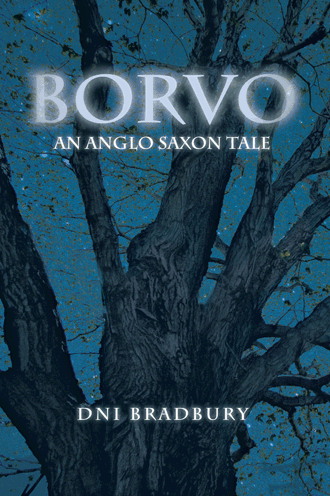 Earlier today people up and down the country as well as various locations around the world bowed their heads in respect. We remember….
Earlier today people up and down the country as well as various locations around the world bowed their heads in respect. We remember….
The 11th hour of the 11th day of the 11th month: 1918 the Great War was over. Now the date and time is used to reflect on fallen comrades, those soldiers serving today, and the sacrifice which many have had to make and are still making today.
It is important to remember the past. Many voices from the Great War still speak to us today through the written word. Poetry enabled soldiers to express themselves. People far from the trenches gained a small insight into the lives of service personnel.
The detail, the emotion is at times harrowing. Poetry, more than any other form of literature, can stir up so many different feelings.
Sometimes poetry can be factual:
Bent double, like old beggars under sacks,
Knock-kneed, coughing like hags, we cursed through sludge,
(Wilfred Owen, Dulce et Decorum est)
Other times it gives us an insight into the mental attitudes of serving soldiers:
This is no case of petty right or wrong
That politicians or philosophers
Can judge. I hate not Germans, nor grow hot
With love of Englishmen, to please newspapers.
(Edward Thomas, This Is No Case of Petty Right or Wrong)
When reading First World War poetry, you can find a common idea – we do not hate those we fight but we do love our country. That in itself is the reason we go to war:
But with the best and meanest Englishmen
I am one in crying, God save England, lest
We lose what never slaves and cattle blessed.
The ages made her that made us from dust:
She is all we know and live by, and we trust
She is good and must endure, loving her so:
And as we love ourselves we hate her foe.
(Edward Thomas, This Is No Case of Petty Right or Wrong)
Here dead we lie
Because we did not choose
To live and shame the land
From which we sprung.
(A E Housman, Here Dead We Lie)
And yet others convey the simplicity of reality – we live, we fight, we die, we return back to the earth:
We are the Dead. Short days ago
We lived, felt dawn, saw sunset glow,
Loved and were loved, and now we lie
In Flanders fields.
(John McCrae, In Flanders Field)
We have not explored the horrors of war or gone into any great detail of the poetry: this is a very personal era of poetry and one which should be left to the individual to explore.
What we should acknowledge is the impact that poetry can have.
Never forget the sacrifices; never forget the individuals; never forget.


 Earlier today people up and down the country as well as various locations around the world bowed their heads in respect. We remember….
Earlier today people up and down the country as well as various locations around the world bowed their heads in respect. We remember….


